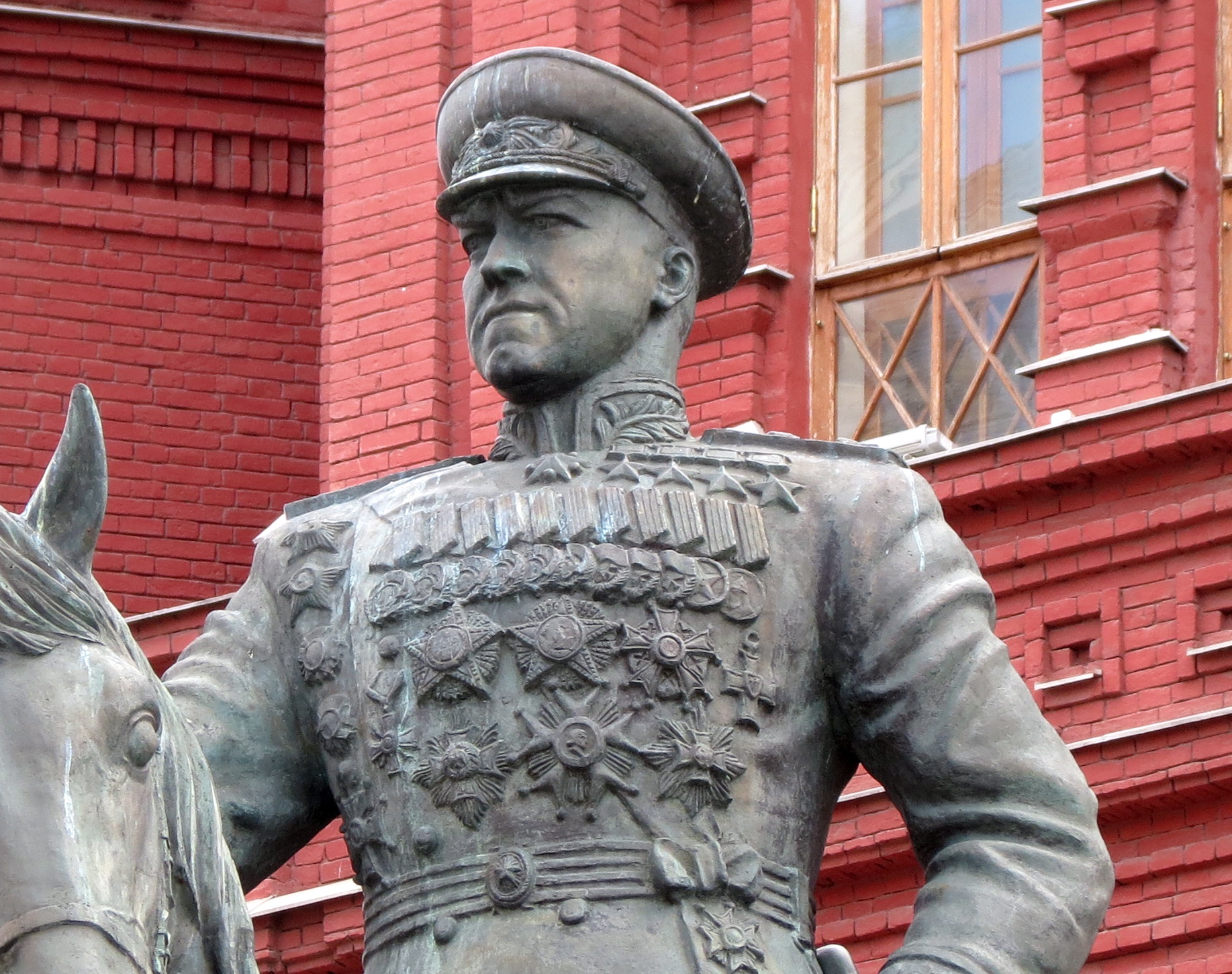Commander of the first Soviet armies to enter Berlin: Who is Georgy Zhukov?
His leadership, which led his troops to victory in World War II, enabled him to go down in history as the most highly decorated general in the history of military achievement.

Zhukov (1896-1974) was an active and dominant character in the Red Army during World War II. Serving as a senior General Staff official in Stavka, Zhukov moved from one critical field/sector to another, serving on active duty as an advisor, coordinator, and de facto front commander when necessary.
Zhukov also played a critical role in rescuing the Red Army from a desperate situation in the autumn of 1941, before leading it from a crucial vulnerability to the German army during the war to an incredible comeback in 1942-43 and eventual victory in 1944-45.
Georgy Konstantinovich Zhukov (1 December 1896 – 18 June 1974) was a Marshal of the Soviet Union. He also served as Chief of the General Staff, Minister of Defence, and was a member of the Presidium of the Communist Party (later Politburo). During World War II, Zhukov oversaw some of the Red Army's most decisive victories. He was also a military governor of Germany succeeded by Wilhelm Pieck.
Although Zhukov was mostly known for his successes in front-line battles against the Wehrmacht on the Western line during the war, he first made a name for himself with the Battle of Khalkhin Lake [at the eastern end of Mongolia], which he won against the Japanese army on the Far Eastern Front in 1939, right at the beginning of the war.
However, Zhukov's military and administrative methods were brutal and contributed to further Soviet losses. Likewise, with his harsh attitude towards other commanders and his subordinates, he created a profile that was open to questioning.
Zhukov also participated as an officer in World War I during the Tsarist period and in the Russian Civil War (1918-1921) after the 1917 Revolution.
Marshal Zhukov's relations with the powerful leader of the Soviets, Josef Stalin, generally followed a problematic course. Despite this, he managed to survive the great massacre initiated by Stalin within the Red Army in 1937, on the eve of the Great War, in which many major commanders were arrested and liquidated.
The commander of the first Soviet armies to enter Berlin was also Zhukov and the soldier who signed the German surrender agreement in Berlin on May 8, 1945, on behalf of the Soviet Union. However, this glory would not last long.
As the best-known Soviet soldier of World War II, Zhukov's post-war fall from grace was equally rapid. Due to the popularity he gained during the war, he incurred the wrath of Stalin and was assigned to passive continental duty.
After Stalin's death, although he was appointed as a member of the Communist Party Central Committee and Minister of Defense for a short period, he fell out of favor again and retired to his corner, where he wrote his memoirs. His reputation was not restored until the collapse of the Soviet Union.
Today, the statue of Marshal Zhukov is located in front of the State Historical Museum in Moscow, right at the entrance of Red Square; After the collapse of the Soviet Union, the great commander was honored by being placed on his pedestal one day before the anniversary celebrations of the victory on May 9, 1995.
